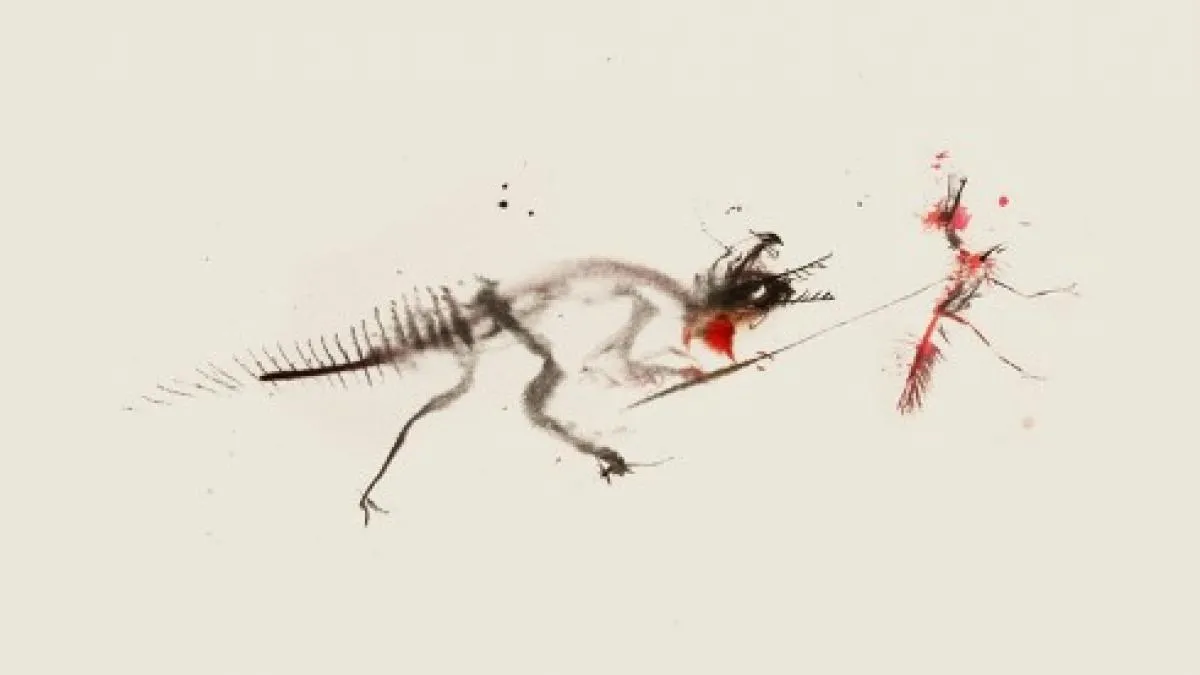In his 1989 book Wonderful Life, palaeontologist Stephen Jay Gould suggested that if we rewound the tape of life to Earth's beginning and watched it again, we'd see a different programme.
Had the contingencies of evolution — such as asteroid strikes and random mutations — varied slightly, we would now have an entirely different set of plants and animals. Some scientists (religious ones) disagree, claiming that at least one evolutionary outcome was inevitable: Homo sapiens, a divinely preordained species capable of apprehending and worshipping a deity.
The answer to the question of inevitability is an unsatisfying 'don't know'. If we were to vary the starting conditions of life slightly so that the first living thing appeared in a different place, or the climate wasn't quite the same, or an asteroid didn't strike our planet 65 million years ago, would evolution produce the same end products that we're familiar with? In other words, how robust is the evolutionary process to differences in starting conditions and to variability in events through time?
On one hand, it seems that the trajectory of the history of life has been highly dependent on chance. Mammals evolved at about the same time as dinosaurs (roughly 210 million years ago), for instance, then spent the first 150 million years of their existence scurrying around beneath their mighty reptilian overlords. It took the serendipitous extinction of the dinosaurs courtesy of an asteroid strike to light the fuse of mammalian diversity.

But on the other hand, we do see deterministic processes in the history of life — processes that yield similar outcomes from dissimilar starting points. For example, we see hydrodynamic streamlining not only in fish, but also in marine mammals (porpoises) and ancient reptiles (ichthyosaurs). This is the process that we call 'convergent evolution'.
So the bottom line is that both chance and determinism play roles in evolution. The argument then becomes one of degree: does one factor trump the other? Here, regrettably, we can do little beyond throwing up our hands.
Would humans — or at least human-like intelligence — have inevitably evolved? We don't know. All we know is that, unlike streamlined aquatic beasts or gliding mammals, it evolved just once. We can never be sure it could evolve again.
Professor Jerry Coyne is an evolutionary biologist at the University of Chicago. His most recent book is Why Evolution Is True (OUP, 2009).
This article is an extended version of one of three pieces from 'Questions at the Frontiers of Evolutionary Biology', part of a series of features exclusive to Focus magazine subscribers.
Follow Science Focus onTwitter,Facebook, Instagramand Flipboard